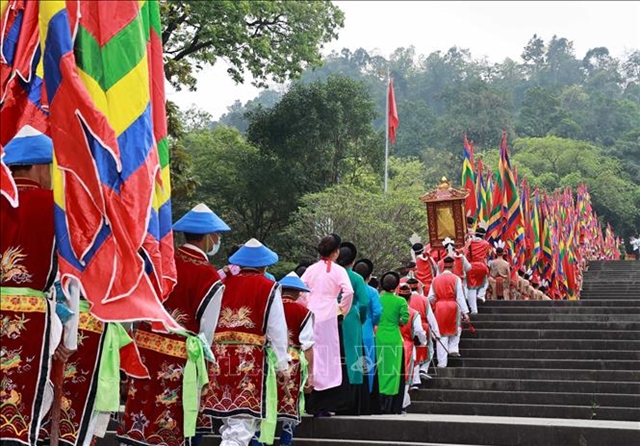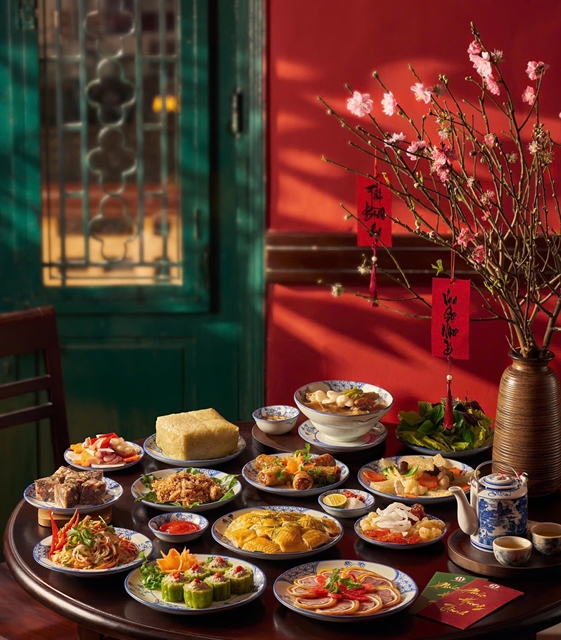 Society
Society

 |
Green Skin Pomelo VietGAP Production Model in Phú Thành Cooperative Group, Bến Tre Province. – Photo sggp.org.vn
BẾN TRE – Mekong Delta farmers have been able to sell their produce for good prices and also reduce costs by forming co-operative groups.
Đào Văn Minh, deputy leader of the Phú Thành Green Skin Pomelo Production Cooperative Group in Bến Tre Province's Châu Thành District, said he and many others formed a co-operative group in 2006 on the advice of local authorities.
The group learnt to adopt large-scale farming and meet VietGAP standards, and received assistance from exporters.
Traders and businesses have been buying the group’s pomelos at an average of VNĐ30,000 (US$1.29) per kilogramme, a relatively good price at a time when the economy is recovering from the impacts of COVID-19, he said.
“Because of our correct cultivation methods, our pomelos always meet VietGAP requirements. There were even years when we sold at VNĐ50,000-60,000 and earned one billion đồng.”
Đàm Văn Hưng, owner of fruit trader Hương Miền Tây Company, said working with co-operative groups ensures a stable source of produce for export, and farmers too benefit by having regular buyers offering good prices.
Tầm Vu co-operative group in Long An Province was able to sell its dragon fruit for a good price even when exports to China were affected by the pandemic in 2021.
Võ Chí Thiện, chairman of the Mỹ Tịnh An Dragon Fruit Cooperative Group, said by changing the business model to meet GlobalGAP standards, his group was able to export dragon fruit to markets such as Europe, Australia and the US rather than rely solely on the Chinese market unlike in the past.
The Bến Tre Province Green Skin Pomelo Cooperative Group has received a farming code to ensure traceability for its 110 ha farming zone, which helps it export fruits to Europe and the US.
However, there are some obstacles that the Mekong Delta faces, such as high production costs, lack of large farms and overwhelming reliance on China for exports of certain fruits. – VNS.

.jpg)


